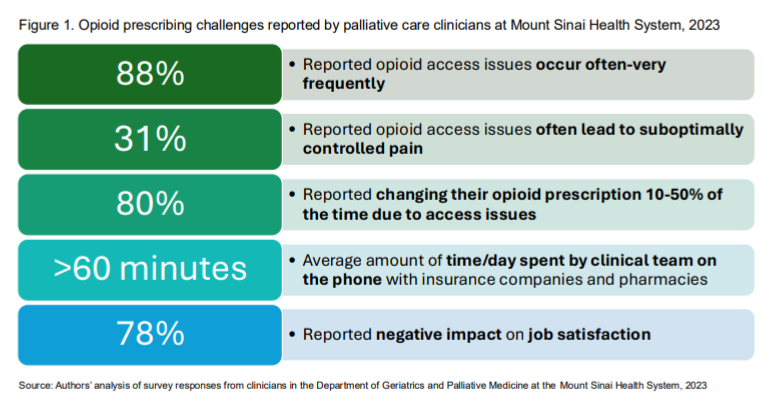Mount Sinai Researchers Find Link Between Genes That Regulate Energy Metabolism and Alzheimer’s Disease Dementia
A Mount Sinai study suggests that certain genes associated with utilization of glucose, such as PGC-1α, diminish in the brains of Alzheimer’s disease dementia patients.
A recent study by Mount Sinai Physicians suggests that certain genes associated with utilization of glucose, such as PGC-1a, among several others involved in the regulation of energy metabolism, diminish in the brains of Alzheimer’s disease dementia cases. The research, led by Dr. Giulio M. Pasinetti, MD, PhD, Professor of Psychiatry, Professor of Neuroscience and Professor of Geriatrics and Adult Development at Mount Sinai School of Medicine, was published on Monday, March 9 in the journal Archives of Neurology.
Dr. Pasinetti and his collaborators in ongoing unpublished studies have extended their initial evidence discovering that the genes associated with energy metabolism appear to decrease faster in oldest-old Alzheimer’s disease subjects (>86 years old) rather than young-old (<85 years old) Alzheimer’s cases.
Research from Dr. Pasinetti and other laboratories found that the brains of young-old Alzheimer’s disease exhibit significantly less accumulation of abnormal proteins, also known as amyloid and abnormal-tau, used for the diagnosis of Alzheimer’s disease dementia. Faced with landmarks of disease decreasing as disease worsens, Dr. Pasinetti and his colleagues hypothesized that the progressive age-related reduction of energy metabolism and abnormal glucose utilization in the brain could specifically contribute to cognitive deterioration in Alzheimer’s disease even in the absence of classical abnormal proteins such as amyloid and fibrillary tangles.
“The implications of this evidence on the future of Alzheimer’s disease care are dramatic,” said Dr. Pasinetti. “This is especially true if we consider that oldest-old subjects, primarily women, are the fastest growing fraction of the population in the US, reaching an estimated 22 million people in 2050. This group will be, by definition, at the highest risk for age-related neurodegerative disorders, including Alzheimer’s disease. Who will take care of them?”
“When we realize how little we know about preventing impairment of energy metabolism or improving glucose utilization in the brain, the expectation is that 25-30 years from now we will face a major demographic and healthcare catastrophe. It is unlikely that ongoing pharmaceutical drug discovery and traditional medicine will find a cure for age-related neurodegnerative disorders in the next 10 years. We must intervene now,” Dr. Pasinetti concluded.
Researchers are optimistic that if they find, for example, that PGC-1a, among other energy metabolism gene products identified in Dr. Pasinetti’s study, could be manipulated pharmacologically, these studies will provide important insights into novel therapeutic strategies and the development of novel approaches for Alzheimer’s disease prevention and treatment.
About The Mount Sinai Medical Center
The Mount Sinai Medical Center encompasses The Mount Sinai Hospital and Mount Sinai School of Medicine. The Mount Sinai Hospital is one of the nation’s oldest, largest and most-respected voluntary hospitals. Founded in 1852, Mount Sinai today is a 1,171-bed tertiary-care teaching facility that is internationally acclaimed for excellence in clinical care. Last year, nearly 50,000 people were treated at Mount Sinai as inpatients, and there were nearly 450,000 outpatient visits to the Medical Center.
Mount Sinai School of Medicine is internationally recognized as a leader in groundbreaking clinical and basic-science research, as well as having an innovative approach to medical education. With a faculty of more than 3,400 in 38 clinical and basic science departments and centers, Mount Sinai ranks among the top 20 medical schools in receipt of National Institute of Health (NIH) grants.
About the Mount Sinai Health System
Mount Sinai Health System is one of the largest academic medical systems in the New York metro area, with 48,000 employees working across seven hospitals, more than 400 outpatient practices, more than 600 research and clinical labs, a school of nursing, and a leading school of medicine and graduate education. Mount Sinai advances health for all people, everywhere, by taking on the most complex health care challenges of our time—discovering and applying new scientific learning and knowledge; developing safer, more effective treatments; educating the next generation of medical leaders and innovators; and supporting local communities by delivering high-quality care to all who need it.
Through the integration of its hospitals, labs, and schools, Mount Sinai offers comprehensive health care solutions from birth through geriatrics, leveraging innovative approaches such as artificial intelligence and informatics while keeping patients’ medical and emotional needs at the center of all treatment. The Health System includes approximately 9,000 primary and specialty care physicians and 11 free-standing joint-venture centers throughout the five boroughs of New York City, Westchester, Long Island, and Florida. Hospitals within the System are consistently ranked by Newsweek’s® “The World’s Best Smart Hospitals, Best in State Hospitals, World Best Hospitals and Best Specialty Hospitals” and by U.S. News & World Report's® “Best Hospitals” and “Best Children’s Hospitals.” The Mount Sinai Hospital is on the U.S. News & World Report® “Best Hospitals” Honor Roll for 2024-2025.
For more information, visit https://www.mountsinai.org or find Mount Sinai on Facebook, Instagram, LinkedIn, X, and YouTube.
CAPC Announces New Grant from The John A. Hartford Foundation
Jun 10, 2019 View All Press Releases
